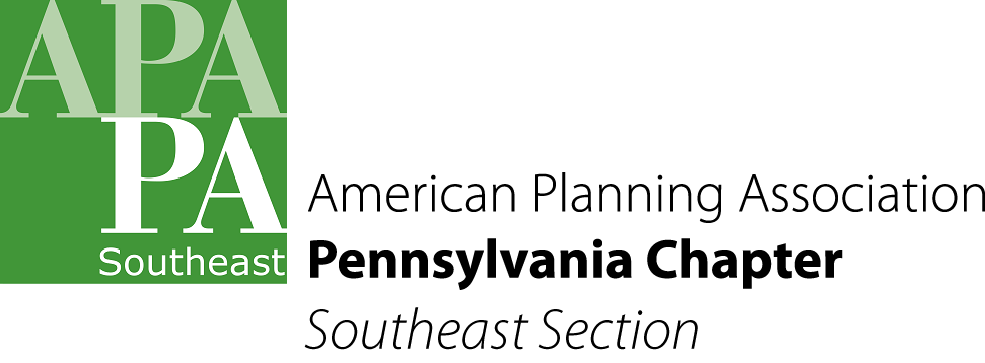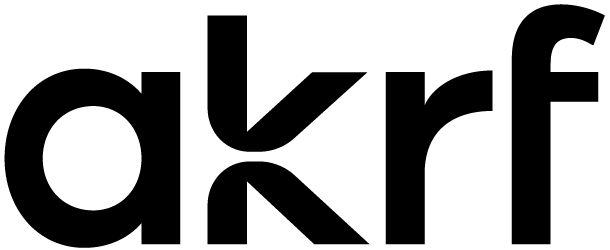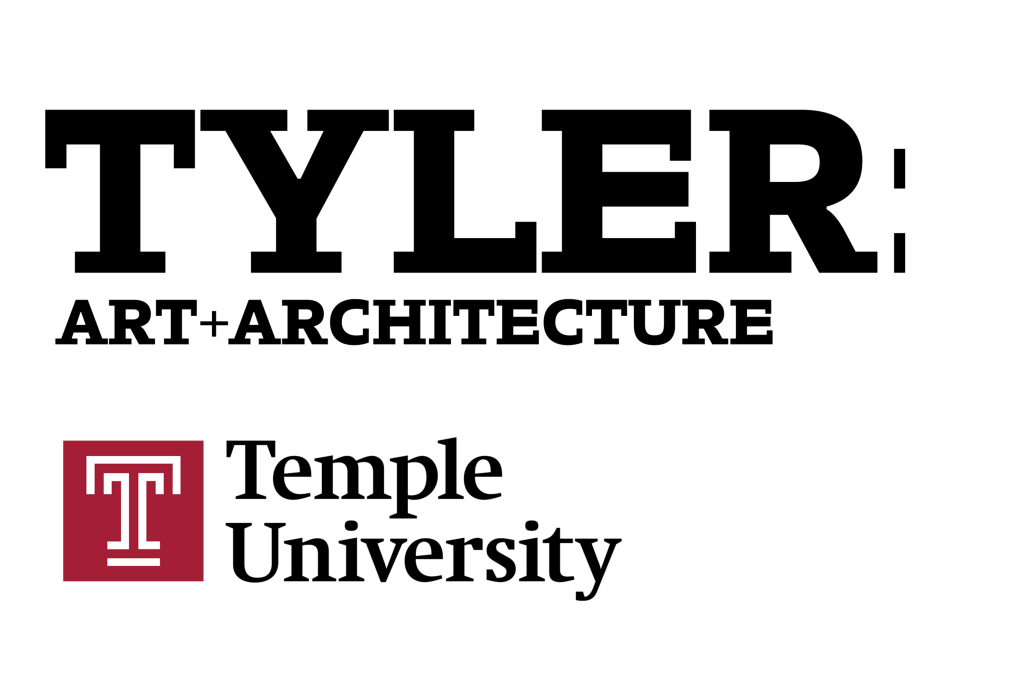Azavea is a civic technology firm that uses geospatial data to build software and data analytics for the web. We’re excited about what we do, we’re growing, and we hope you will join us.
Azavea is based in Philadelphia, and we are looking to grow our Urban Ecosystems team that develops our OpenTreeMap product as well as our projects related to urban forestry and digital humanities.
We are looking for
We’re looking for a software engineer that is passionate about building applications that will have a positive impact – someone interested in public service, but not necessarily in working for a government or a non-profit organization. We are looking for someone who thrives on working in a variety of technology environments, and wants to build visually slick applications that have well-engineered architectures and provide a responsive user experience.
Who we are and what we’re doing
As a B Corporation, we’re committed to working on projects that have social and civic impact and advancing the state-of-the-art through research. Most of our customers are local governments, non-profit organizations. and academic or federal research projects. We build custom apps; perform geospatial analysis; manage several open source civic software projects (DistrictBuilder, OpenTreeMapand others); and develop an open source, high performance computing framework, GeoTrellis, that enables us to build fast analytical applications by distributing the geospatial data processing. Our developers work across the technology stack from database and application servers in the infrastructure layer to modern, browser-based front-ends.
The Urban Ecosystems Team
Azavea has five software teams, all of which develop web mapping applications that use geospatial data. The teams differ in terms of the specific projects they develop and whether they are primarily product teams or professional services teams. The Urban Ecosystems team works on a couple of custom software projects related to urban forestry and digital history, but its primary focus is on developing and supporting OpenTreeMap, an open source SaaS product for tracking urban street trees and other green stormwater infrastructure as well as assessing the ecosystem services impact (stormwater, energy savings, carbon sequestration, air quality, and other impacts). OpenTreeMap is sold to local and state government and non-profit organizations around the world. It applies a mix of clever software, distributed processing, and AWS infrastructure to create a compelling urban ecosystem management tool for communities of all sizes. The Urban Ecosystems team is particularly strong with Javascript, Python, PostgreSQL, and mobile applications.
What You’ll Do:
- Implement application code, APIs, and web or mobile clients based on wireframes and designs developed by our UI/UX Design team.
- Engage in multidisciplinary work that applies an agile process (scrum board, daily stand-ups, and two-week iterations) to database design, architecture, development, testing, and deployment.
- Optimize database, server, and client performance to create applications with both functional and responsive user experiences.
- Build, provision, and deploy servers in a repeatable way to AWS.
- Respond to and assist the OpenTreeMap open source community.
- Contribute to both a growing company and to the open source communities that support our work.
You should:
- Know how to build and support scalable web applications in Python/Django, or another MVC framework (C#/.Net, Ruby/Rails, Java/JVM/Spring, Scala/Play). We do a lot of work in Python/Django, Javascript, and Scala and dabble in others depending on client and project requirements.
- Demonstrate fluency in core web technologies (HTML/CSS/JS) and contemporary Javascript libraries like jQuery, React, or AngularJS.
- Express solid understanding of MVC architecture, RESTful design patterns, and the DRY principle.
- Be comfortable managing VMs and working in a Linux environment.
- Be interested in working with a small, collaborative team on meaningful projects.
- Get excited about a diversity of both projects and technologies.
You get extra points for:
- Background in math and statistics or experience with R.
- Experience with open source or commercial geospatial toolkits like OpenLayers, Leaflet, GeoServer, PostGIS, CartoDB, ArcGIS, and GoogleMaps.
- Experience with mobile apps (Objective C, Android or responsive HTML).
- Experience scaling apps within AWS.
- Experience provisioning servers with Ansible.
- Knowledge of distributed data processing frameworks, like Hadoop, Amazon MR, etc.
- Demonstrating your open source or other community service contributions.
- Background in projects related to sustainability and the environment.
You’ll notice that we don’t say “X-Y years of experience” or “M.S. in Computer Science.” Formal credentials like these are not irrelevant, but we are primarily looking for people who have had experience successfully building sophisticated web applications. You might have had these kinds of experiences without a college degree. Or you may be just out of school but worked your way through school and had some great co-op experiences. Or you might have a math or humanities background but a have a great head for software development. These are all potentially great backgrounds, and we’d be interested in hearing from you.
Office and Benefits
Our Philadelphia office is located in a brightly lit office on the 5th floor of a converted factory building in the Callowhill neighborhood, a short walk from Center City, the Reading Terminal Market and SEPTA subway and regional rail stations.
For bicyclists, we have in-house bike parking, a shower and lockers. It’s an open office plan with several smaller rooms for team meetings, private space and concentration time.
You get a top-end Linux workstation, Mac or Windows laptop with a pile of memory for VMs and extra monitors. We have flex-time to deal with personal stuff, and most people work a 40 – 45 hour week on a regular schedule. After the first six months, our developers can also spend up to 10% of their time on a geospatial open source, professional development, or R&D project. For example, some of our colleagues are contributors to the PostGIS, OpenLayers, GDAL and GeoTrellis projects. Other research projects have included improving dev ops tool chains; using FFT for fast kernel density estimation; working with Spark to develop machine learning tools; and using GPUs for faster raster data processing. Once a quarter, we all get together to share our research and learning with our colleagues.
We offer a salary commensurate with skills and experience and a benefits package that includes:
- Fully subsidized health care, dental, prescription plan, including for spouse/partner and children
- Fully subsidized life and long term disability insurance, plus voluntary short term disability insurance
- Medical reimbursement plan to cover what the health insurance does not
- Retirement plan with matching percentage
- Almost 4 weeks paid vacation plus additional paid sick/personal time off
- Family and medical leave
- Flexible work schedule
- Paid maternity and paternity leave
- Child care subsidy
- Paid time off for voting and volunteering
- Education assistance plan
- Student loan assistance
- Public transit and biking reimbursement plans
- Monthly guest lectures with lunches on the house
- 10% time for Research or Training Projects
- Profit-sharing bonus plan
- Financial transparency through an open book policy
- Kind, capable and thoughtful colleagues
We welcome qualified candidates from all walks of life and value diversity in our company, and we prohibit discrimination based on race, color, religion, ancestry, national origin, sex, sexual orientation, gender identity, age, veteran status, military service, disability unrelated to job requirements, marital status, or domestic partner status.








